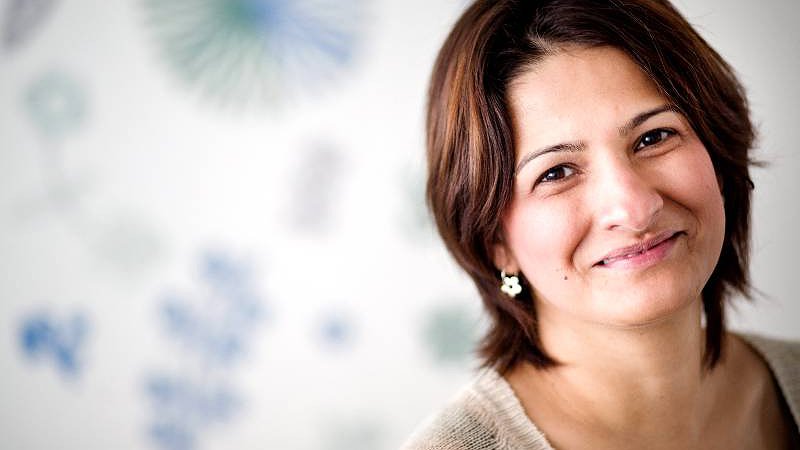Journalism
40 mins
Documentary evidence for investigative journalism

- Abstract:
- As a reporter, you will come across many kinds of information and sources, but documentary evidence can be especially useful. When properly vetted and verified, documentary evidence can help you establish first-hand accounts in order to present the different narratives around the same issues, especially when it pertains to controversial matters. In a nation like Iran, where so much of the access to information can be constrained, the documentary evidence you come across can help to make your reports and investigations standout for its completeness and the context it presents.
- About this course:
- This course will first and foremost address the question of what constitutes documentary evidence, whether it be for an investigation or for reporting. From there, we will look at the different kinds of documentary evidence and how best to verify that evidence. Learning how to verify reporting is especially important when pertaining to matters around a country like Iran, because not only does Tehran limit access to information, but their narratives can often vary greatly from other reports. Also, with countries like the United States constantly looking to antagonize Tehran, it is just as important to learn how to verify the West’s claims about Iran. Learning how to gather documentary evidenc
- What do I learn:
- The different types of documentary evidence, including collection of that evidence yourself. How to verify online reports and evidence that is sent to you by others. How to ask for consent, and why it’s so important. How to turn to public services, like libraries and archives, for your research.
- What do I need to know:
- A basic understanding of digital and social media will be beneficial. If the student has a general familiarity with things like social media sites and basic operating systems (OS X or Windows), it will be very beneficial to their understanding of the course materials.
Trainers
Related courses
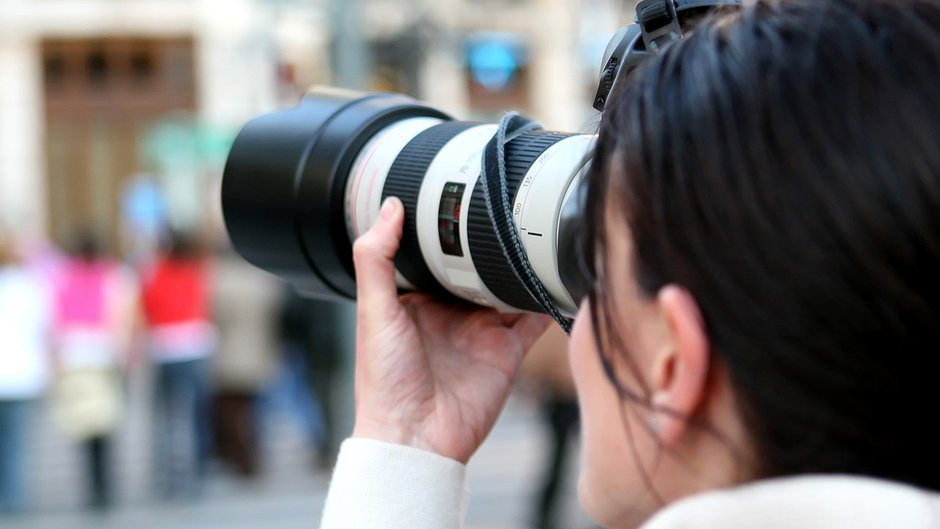
40 mins
 Rory Peck Trust
Rory Peck Trust
40 mins
 Rory Peck Trust
Rory Peck Trust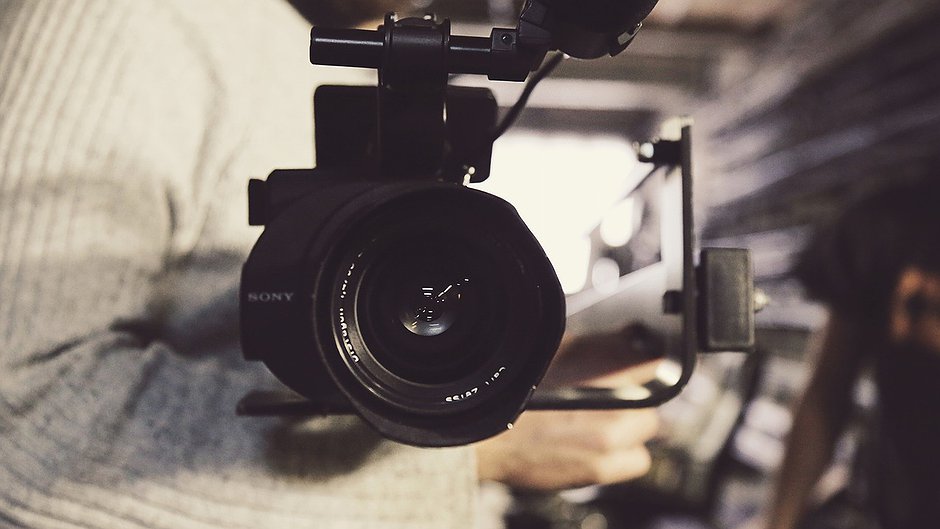
40 mins
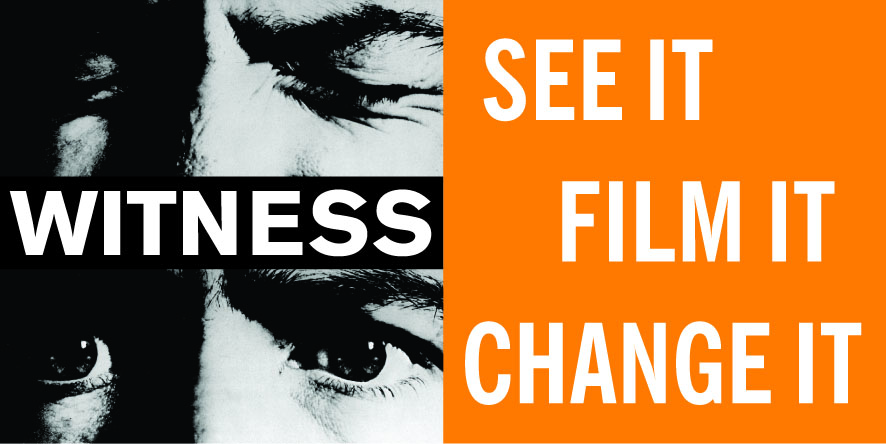 WITNESS
WITNESS
40 mins
 WITNESS
WITNESS
Suggested reading
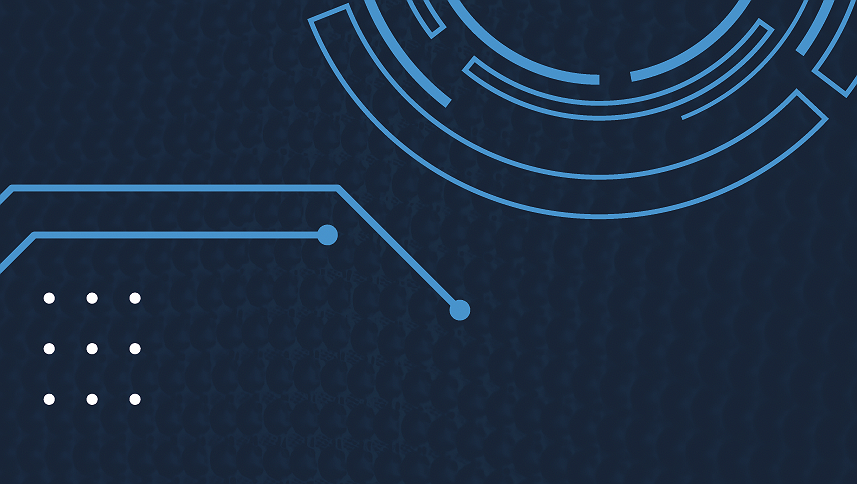
Blog
Building Capacity for Monitoring & Documenting Human Rights Violations
The purpose of this assessment is to evaluate the efficacy of strategies used by HRPs/HRMOs for communicating during blackouts. The goal of this project envisages to see a ZimbabweanCivilSociety that is prepared to document and monitor human rights violations without hiccups during internet shutdowns.
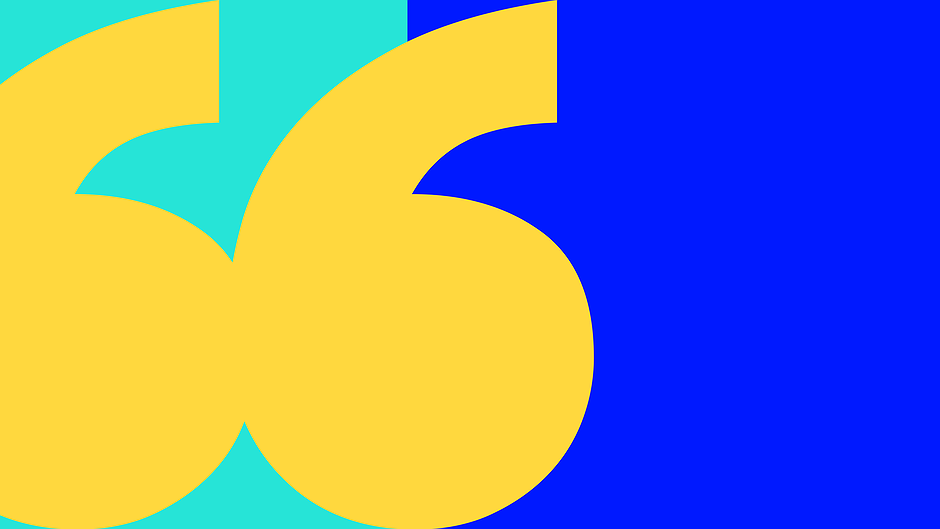
Blog
Advocacy Assembly Internet Shutdown Academy: Creative Strategies to Fight Back
Internet shutdowns are occurring increasingly globally, posing significant threats to freedom of expression, access to information & economic growth. These shutdowns manifest in various forms through different technical measures & are implemented by governments in various circumstances. Responding to this threat of internet shutdowns, Advocacy Assembly designed the Internet Shutdown Academy, a set of 10 full online courses in 7 languages!
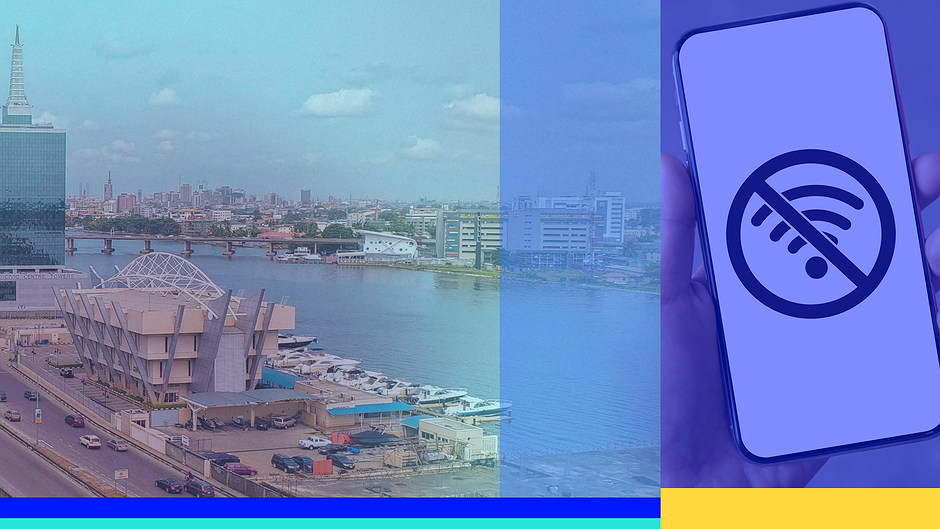
Blog
Evaluating the Efficacy of State-Imposed Telecom Shutdowns in Northwest Nigeria
This article casts doubt on the shutdowns' effectiveness in curbing banditry, exposing alternative explanations for any temporary decrease in attacks. It questions the legitimacy of justifying these shutdowns as effective counter-terrorism measures, advocating for alternative approaches that prioritize community engagement, human rights, and development initiatives to address the root causes of insecurity and foster lasting peace in Northwestern Nigeria and Nigeria at large.
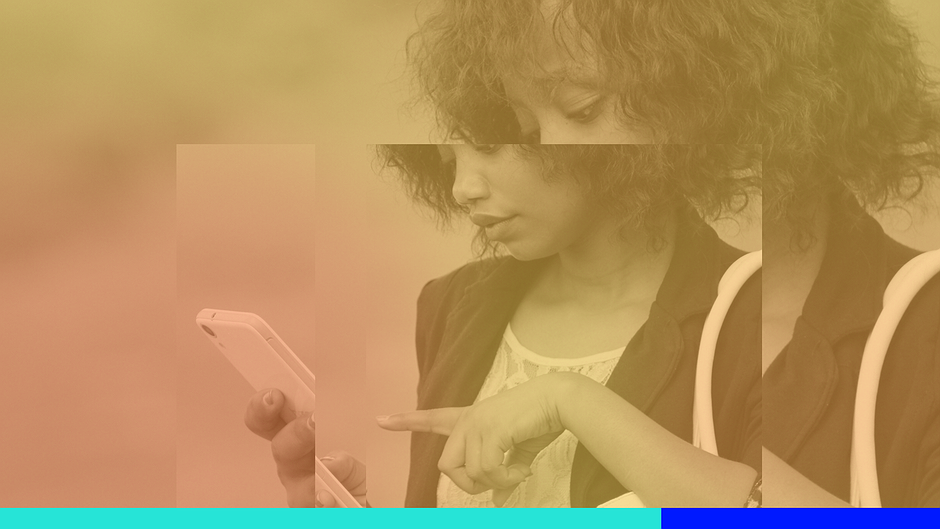
Blog
Impact of the Twitter Ban in Nigeria
This post is a research study on the impact of the Twitter ban in Nigeria on Human Rights Monitoring, Advocacy and Creativity. Read more.
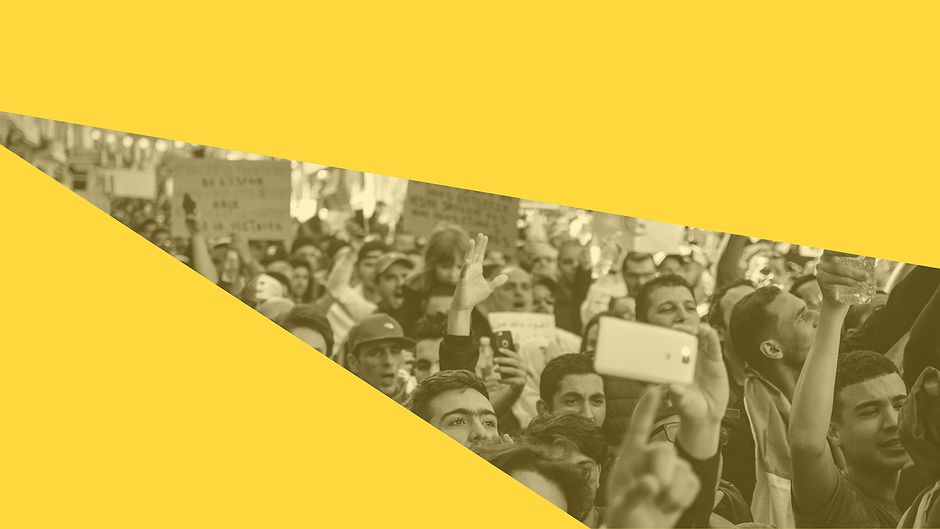
Blog
Four Free Toolkits to Fight Internet Shutdowns
Let’s tell you a little bit more about each toolkit!
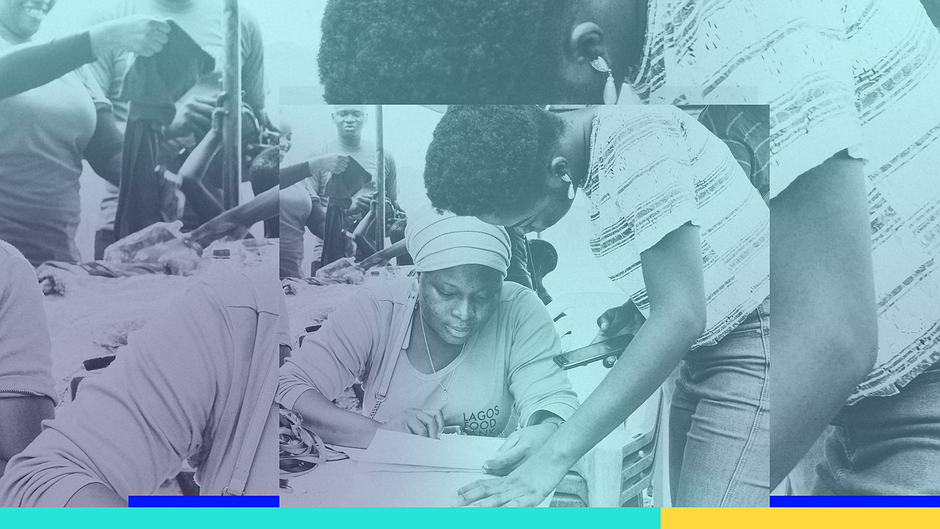
Blog
The Impact of Internet Disruptions on Farmers in Nigeria
In Nigeria’s Northwestern Sokoto State, farm workers grapple with geopolitical challenges, shifting climate realities, and economic turbulence. However, they now face a new, growing threat: a troubling rise in internet disruptions, which threatens their ability to work in an increasingly digitally connected world. Read more.
